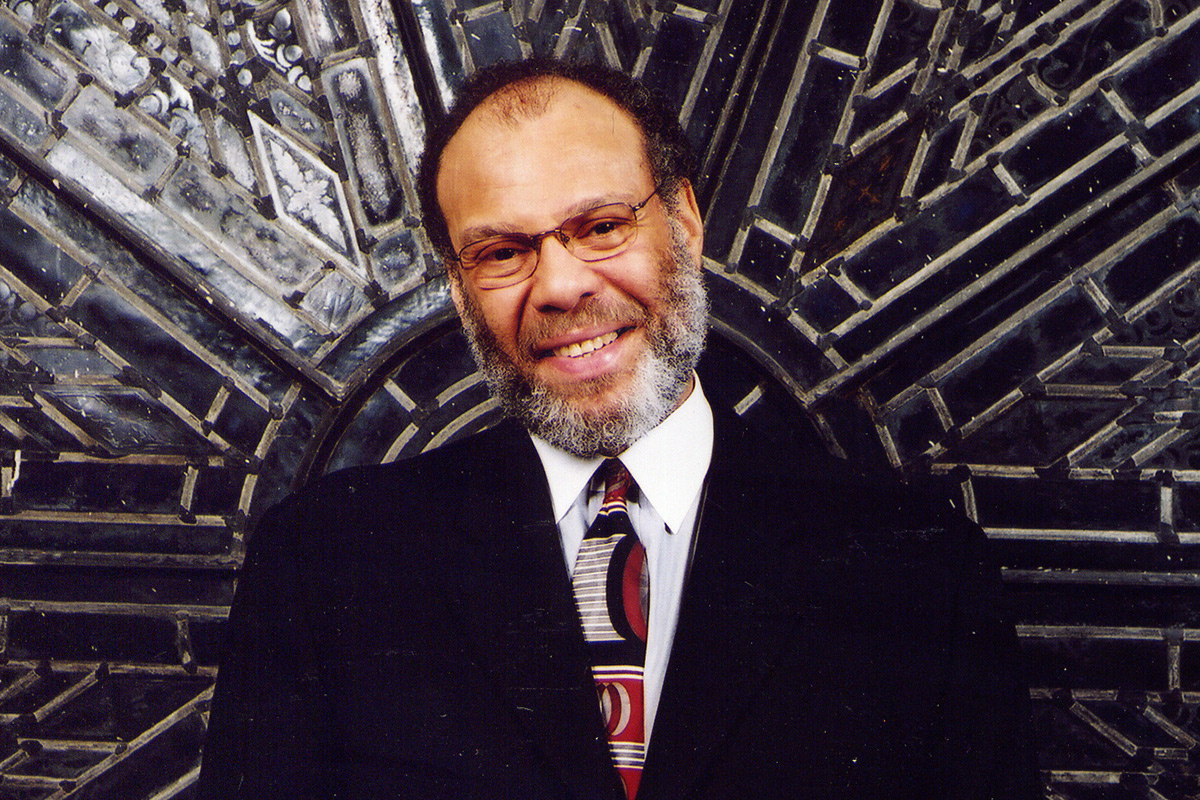William Epps (M.Ed. ’70), Pastor of Los Angeles’ Second Baptist Church, which has figured prominently in the nation’s Civil Rights movement – has given the College a generous $100,000 gift to establish a restricted, endowed fund in memory of his parents – Charles T. Epps, Sr. and Pauline J. Epps, both of whom earned degrees at Teachers College – and his brother, Charles T. Epps, Jr.; and in honor of his sister, Paula Epps Johnson.
The William S. Epps Endowed Scholarship Fund furthers Epps’ goal of enabling students who do not come from privileged backgrounds to enjoy the benefits of a Teachers College education without the burden of excessive debt.
Epps’ parents were among the many aspiring Southern black teachers during the Jim Crow era who earned their degrees at Teachers College after being denied admission by institutions in their home states. Epps and his siblings spent 14 summers at TC, swimming in the College’s pool, playing in its children’s brass ensemble and exploring New York City.
I don’t know if Teachers College is aware of the influence and impact they had on shaping education for African Americans all across the South during the days of segregation and discrimination in civil rights. They trained teachers; they trained guidance counselors; they trained principals and assistant principals – you name it.”
“I don’t know if Teachers College is aware of the influence and impact they had on shaping education for African Americans all across the South during the days of segregation and discrimination in civil rights,” Epps said in an interview for TC’s Oral History Project several years ago. “They trained teachers; they trained guidance counselors; they trained principals and assistant principals – you name it.”
Watch a clip of Epps speaking as part of the TC series “Mini-Moments with Big Thinkers."
Epps later attended Union Theological Seminary, where he protested the Seminary’s treatment of minorities, and along with those who led the protest, helped change the curriculum. He returned to TC to earn a master’s degree in educational administration, training that helped prepare him for serving as a pastor.
In becoming the pastor of Second Baptist in Los Angeles in 1987, Epps became part of a rich and compelling legacy. During the first half of the 20th century, the church had repeatedly hosted conventions of the NAACP. Later it was the scene of speeches by Martin Luther King, Malcolm X and other Civil Rights leaders.
In 1992, after the riots triggered by the acquittal of police officers in the Rodney King beating trial, Epps, along with others, served as peacemaker, healer and educator. “I spoke to angry people in our own community about the futility of violence and the importance of resolving conflict peacefully,” he recalled. “But I also did a lot of explaining to others why something like this happens – how the criminal justice system failed, how people were outraged by what was clearly a rigged verdict.” Epps worked with those who helped to improve the Los Angeles Police Department’s transparency, increase its accountability in using force and encourage nonlethal subduing tactics. Today, Second Baptist offers social welfare and education programs for southern California’s disadvantaged children and families.
Clearly William Epps has been part of TC’s proud history of working for social justice. Now, thanks to his gift and others like it, that tradition lives on.
